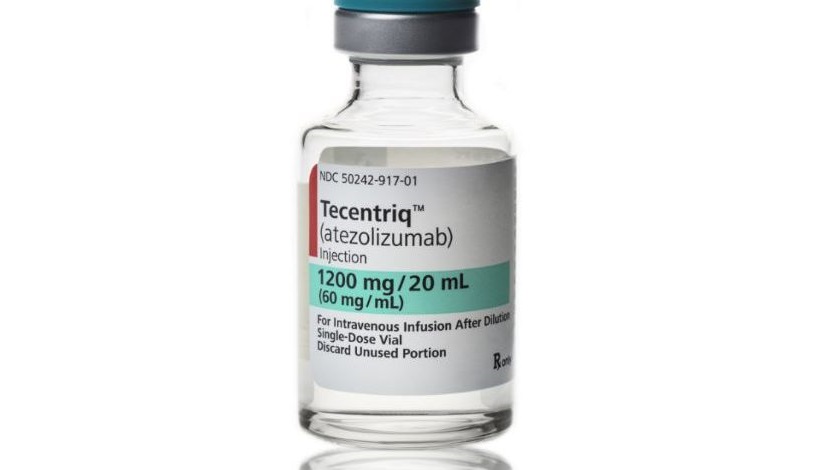FDA to quickly review Roche's chemo-free lung cancer regimen

Roche’s challenge to Merck & Co’s immunotherapy Keytruda in first line lung cancer has gathered momentum after the FDA agreed to a fast review of Tecentriq monotherapy, preventing the need for chemotherapy and its unpleasant side-effects.
Keytruda (pembrolizumab) has become established as standard of care in first line lung cancer, an indication worth billions in sales.
Roche’s application is based on the phase 3 Impower110 study and asks for approval for Tecentriq monotherapy in non-squamous and squamous non-small cell lung cancer, without EGFR and ALK mutations and high PD-1 expression.
As a result PD-L1 class Tecentriq is threatening Keytruda's dominance – it was already approved before Christmas in patients with EGFR and ALK mutations in combination with two chemotherapy agents.
Keytruda is also taken with chemotherapy in this indication, and patients may well prefer a monotherapy option with fewer side-effects.
Tecentriq could have advantages over Keytruda if approved too: while it’s not good form to compare trial results as populations may differ, Roche’s drug had slightly better survival figures.
Keytruda has been on the market for more than two years and doctors are familiar with it - something that could prevent Tecentriq gaining traction with medics who are more conservative with their prescribing choices.
The FDA has granted a six-month priority review, which it reserves for drugs that could represent an improvement over available therapies for serious diseases, in terms of efficacy or safety.
The FDA is also quickly reviewing Bristol-Myers Squibb's Opdivo and Yervoy combination therapy in first line NSCLC, potentially giving patients another chemotherapy-free option.
Further down the line, there could be a further challenge to Keytruda: GlaxoSmithKline and Germany’s Merck KGaA have a dual action immunotherapy in development that the companies are testing head-to-head with Keytruda in a phase 2 trial.
The German pharma originally developed the bintrafusp alfa and has signed a multi-billion dollar agreement to develop it with GSK.
IMpower110 showed that Tecentriq monotherapy improved overall survival by 7.1 months compared with chemotherapy in people with high PD-L1 expression.
Safety for Tecentriq appeared to be consistent with its known safety profile, and no new safety signals were identified.
Grade 3–4 treatment-related adverse events (AEs) were reported in 12.9% of people receiving Tecentriq compared with 44.1% of people receiving chemotherapy.
Levi Garraway, Roche’s chief medical officer and Head of Global Product Development, said: “We are working closely with the FDA to bring this chemotherapy-free option to these patients as quickly as possible.”












